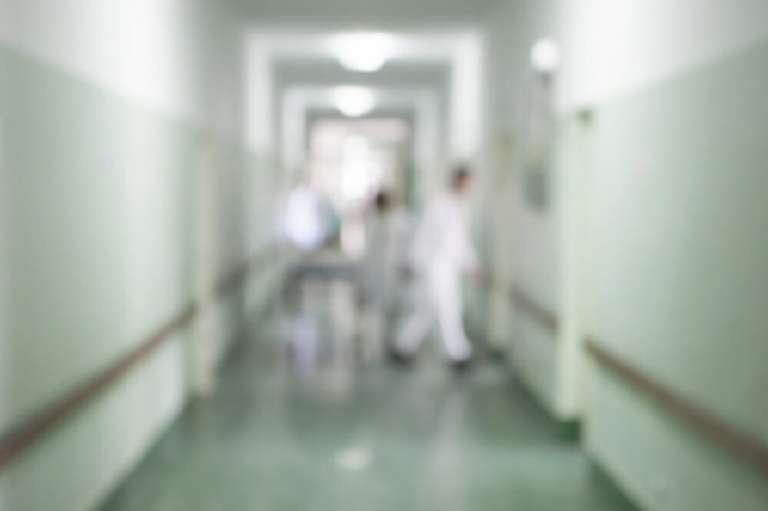Experts from the Brighton and Sussex medical school have argued that new antibiotics advice – instructing patients to finish their course of antibiotics – is an old-fashioned view, and one doctors should reconsider.
They want doctors to tell patients to stop taking the antibiotics when they feel better, rather than asking them to complete the course.
Martin Llewelyn, Professor of infectious diseases at the medical school, and his fellow colleagues told The Guardian: “The idea that stopping antibiotic treatment early encourages antibiotic resistance is not supported by evidence while taking antibiotics for longer than necessary increases the risk of resistance”.
Professor Helen Stokes-Lampard, chair of the Royal College of GPs, says that her fellows are concerned by the research’s advice as “recommended courses of antibiotics are not random”.
She continued: “They are tailored to individual conditions and in many cases, courses are quite short – for urinary tract infections, for example, three days is often enough to cure the infection. We are concerned about the concept of patients stopping taking their medication midway through a course once they ‘feel better’ because improvement in symptoms does not necessarily mean the infection has been completely eradicated. It’s important that patients have clear messages and the mantra to always take the full course of antibiotics is well known. Changing this will simply confuse people.”
This is not the first time such a statement has been made on the subject. Alison Holmes, Professor of infectious diseases at Imperial College London pointed to the Lancet article written by the British authority of the subject, Professor Harold Lambert, in 1999 which was titled “Don’t keep taking the tablets”.
“It remains astonishing that apart from some specific infections and conditions, we still do not know more about the optimum duration of courses or indeed doses in many conditions, yet this dogma has been pervasive and persistent”, she said.
England’s chief medical officer, Professor Dame Sally Davies, wanted to make it clear that this research should not be used by patients to make decisions regarding their care: “The message to the public remains the same: people should always follow the advice of healthcare professionals”.





